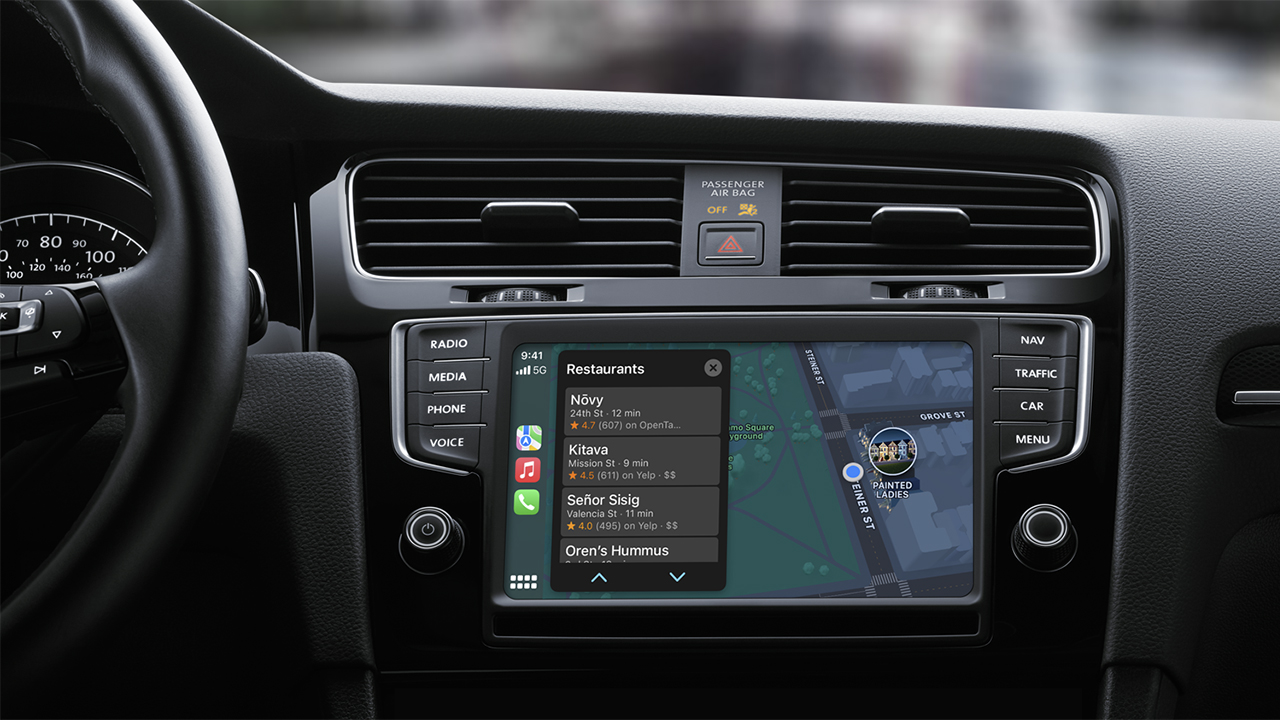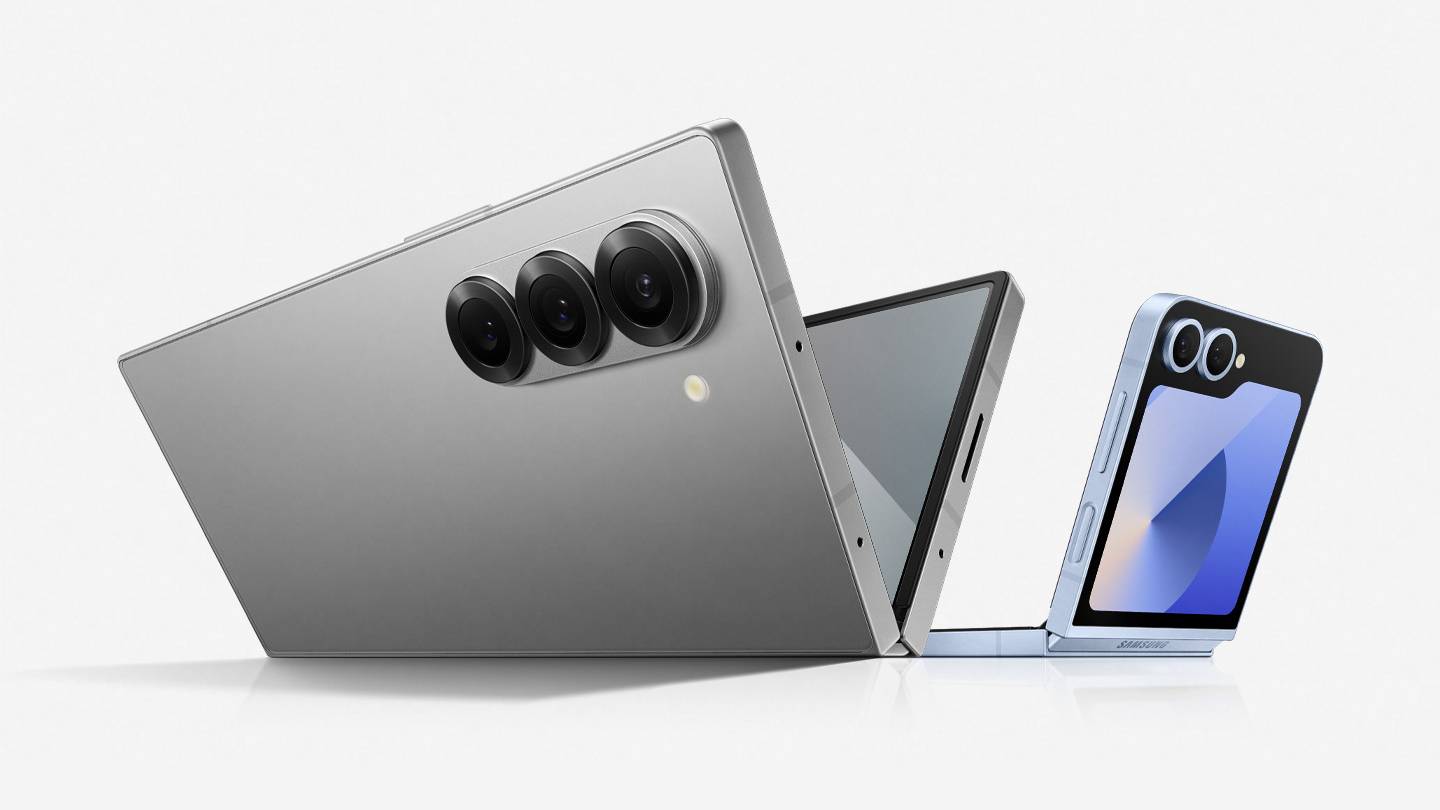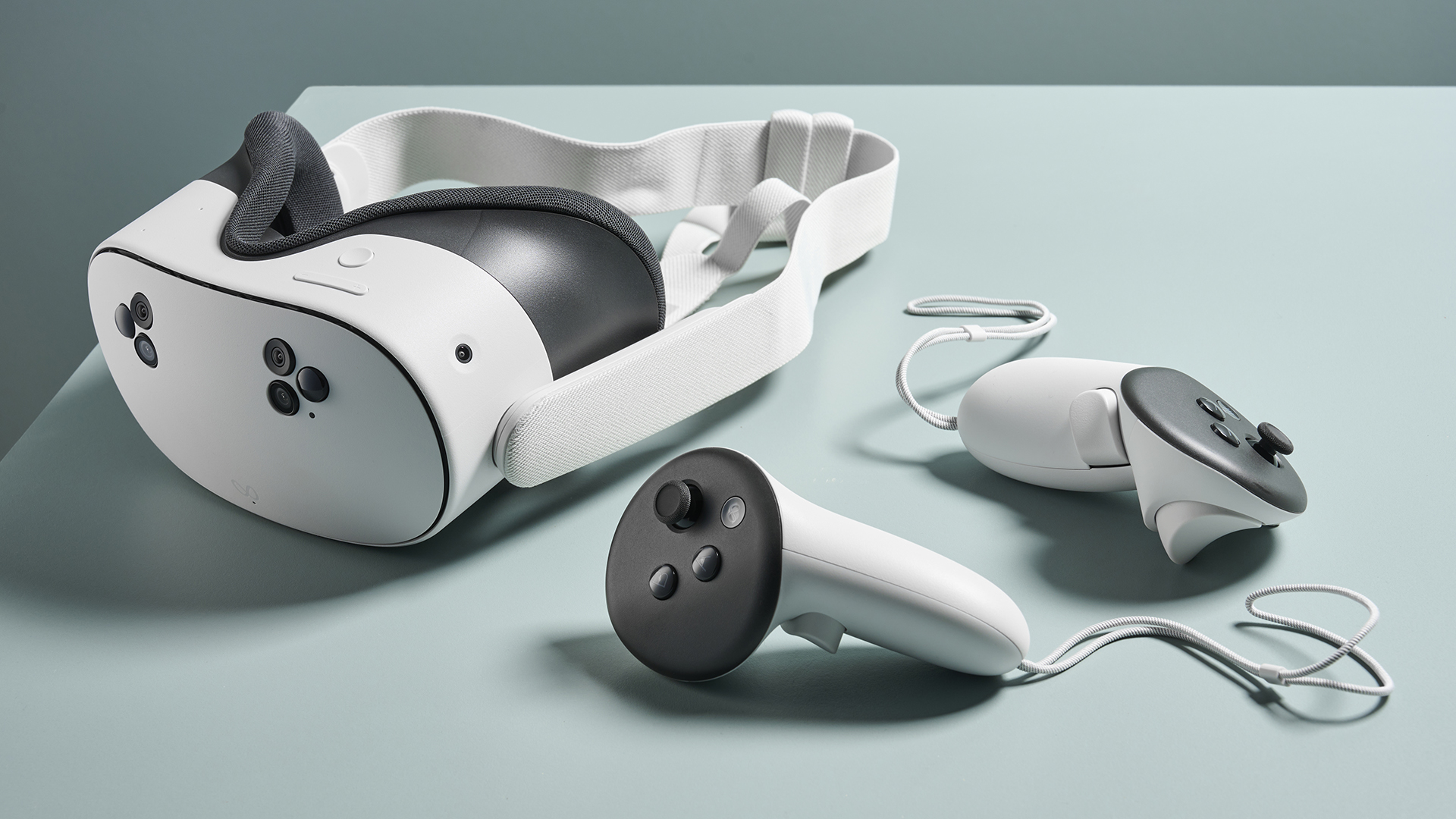

I've tried quite a few of the best VR headsets over my years in tech journalism, from Valve Index kits to the original Oculus Quest, but it's fair to say that none of them has converted me into a full-blown regular user. Even when I've had headsets for months at a time, they've tended to stay in their boxes for much of it.
Now, though, I'm taking a turn with the Meta Quest 3S (and will be writing up a detailed review very soon), and it's fair to say that it's ticking some boxes I've been waiting for. Perhaps the biggest thing it's brought to the table, though, has been total simplicity.
This comes from a few angles you might not expect. Even right from the start, you can tell that Meta has worked on shrinking down its packaging over the years. Compared to the hulking and heavy box I used to store for the Oculus Quest, the Quest 3S has a far smaller footprint in my cupboard (which counts for more than you might think, as any tech reviewer will agree).
That extends to the headset itself, which is impressively small and light, making it a lot easier to wear for longer periods compared to some others I've tried. The head strap isn't the sturdiest ever, but with a little fiddling, it's easy to get comfortable.
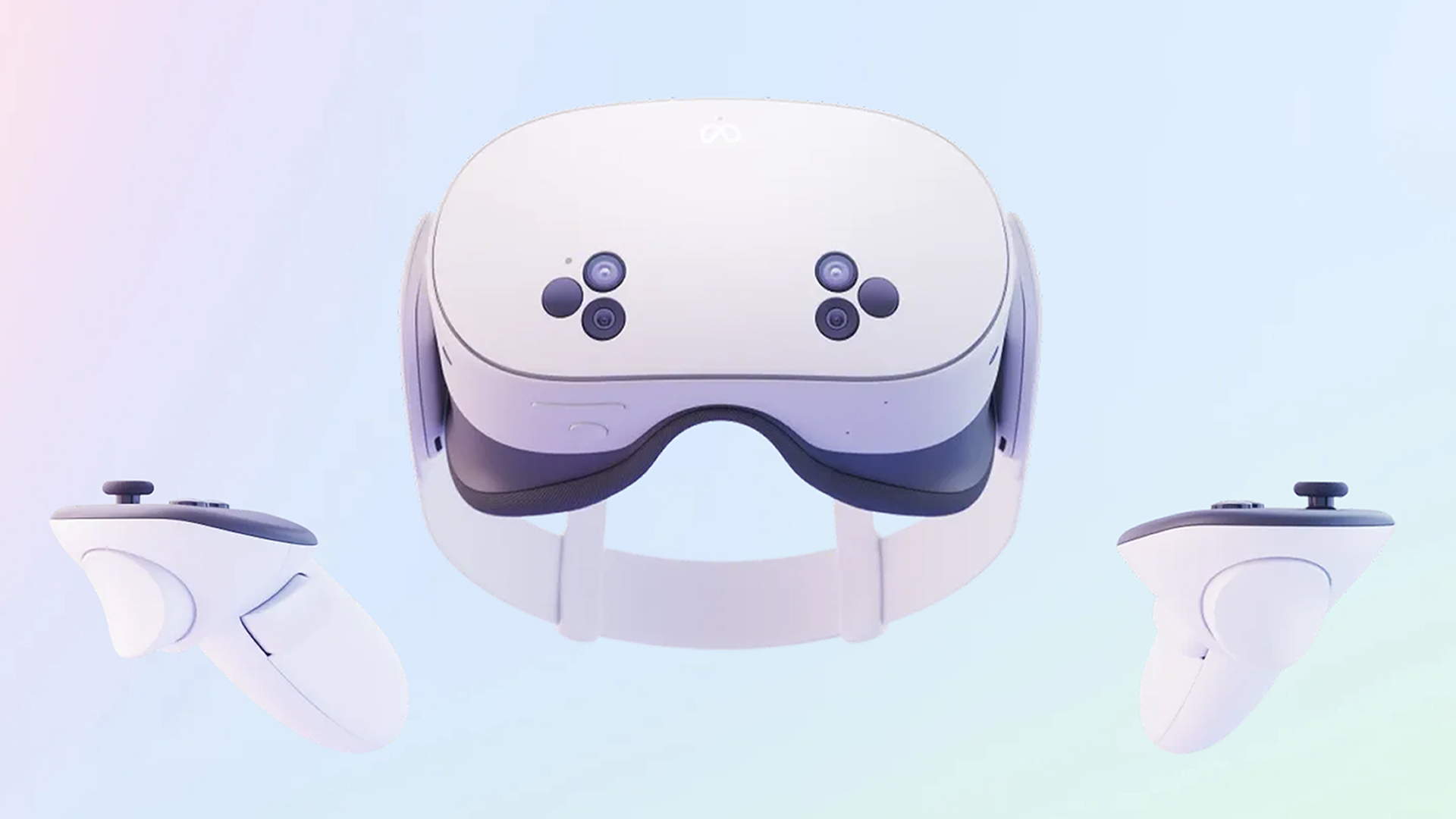
Settings things up is really straightforward using Meta's app on your phone. Mark Zuckerberg's recent donations and decisions around moderation on his platforms might leave some feeling queasy about making a Meta account, though, which you can't avoid. At least the requirement to link it to your Facebook account has been dropped.
Compared to other, PC-centric headsets, the Quest lineup has always been about being able to pick it up and play without any tethering required, and the 3S certainly ticks that box. I've downloaded some native games and apps, and don't need anything more to experiment.
Still, there are some downsides, as we knew the moment Meta detailed how the Quest 3S would work. The loss of resolution in each eye is noticeable if, like me, you've tested higher-fidelity headsets in recent memory. If you have no point of reference, of course, you might not notice at all. It just means a loss of crispness and sharpness, while the Quest 3S also has a narrower field of view.
Sign up to the T3 newsletter for smarter living straight to your inbox
Get all the latest news, reviews, deals and buying guides on gorgeous tech, home and active products from the T3 experts
Some nice conveniences from the Quest 3 are absent, too, like the automatic adjustment of its lenses to fit your eyes' distance from each other. You can manually adjust this in the Quest 3S between a few options, but I'm always left second-guessing whether I've got it quite right.
Still, some of the similarities are striking, too. The fact that the two headsets have the same processor makes the Quest 3S really snappy to use, while ist battery life is super comparable. Plus, I can access effectively all the same apps and programs on it, meaning the experience can feel extremely close between the two. They've even got the same colour pass-through cameras, which again feels like a seismic leap forward compared to the first-gen Quest I'd used most often before.
Still, all those specs and comparisons are nothing new. The bigger question on my end is one I can't really answer yet – will I still be using the Quest 3S in a few months? Well, thanks to how easy it is to use, I feel like its odds are as good as any headset I've tried so far. The combination of a smaller storage footprint and a lack of cabling or connection requirements means that I can see myself keeping it closer to hand.
I don't know that I'll be logging on to play in VR for anything other than the biggest releases, though, outside of fairly regular reviews and testing. That might sound like a small distinction, but it's basically the difference between being a VR expert and an evangelist for the tech – we'll have to see how long it takes for the latter to grip me.

Max is T3's Staff Writer for the Tech section – with years of experience reporting on tech and entertainment. He's also a gaming expert, both with the games themselves and in testing accessories and consoles, having previously flexed that expertise at Pocket-lint as a features editor.
-
 I didn't expect this game to blow me away on PS5 Pro, but it looks unreal
I didn't expect this game to blow me away on PS5 Pro, but it looks unrealAssassin's Creed Shadows is a pleasant surprise
By Max Freeman-Mills
-
 All my tech devices have chatbots now – I'm not sure how to feel about AI
All my tech devices have chatbots now – I'm not sure how to feel about AIAren't we overcommitting a bit to AI here?
By Max Freeman-Mills
-
 My favourite strategy game is coming to Meta Quest and I couldn’t be more excited
My favourite strategy game is coming to Meta Quest and I couldn’t be more excitedCivilization VII VR takes the latest version of the Empire-building strategy game to the next level
By Mat Gallagher
-
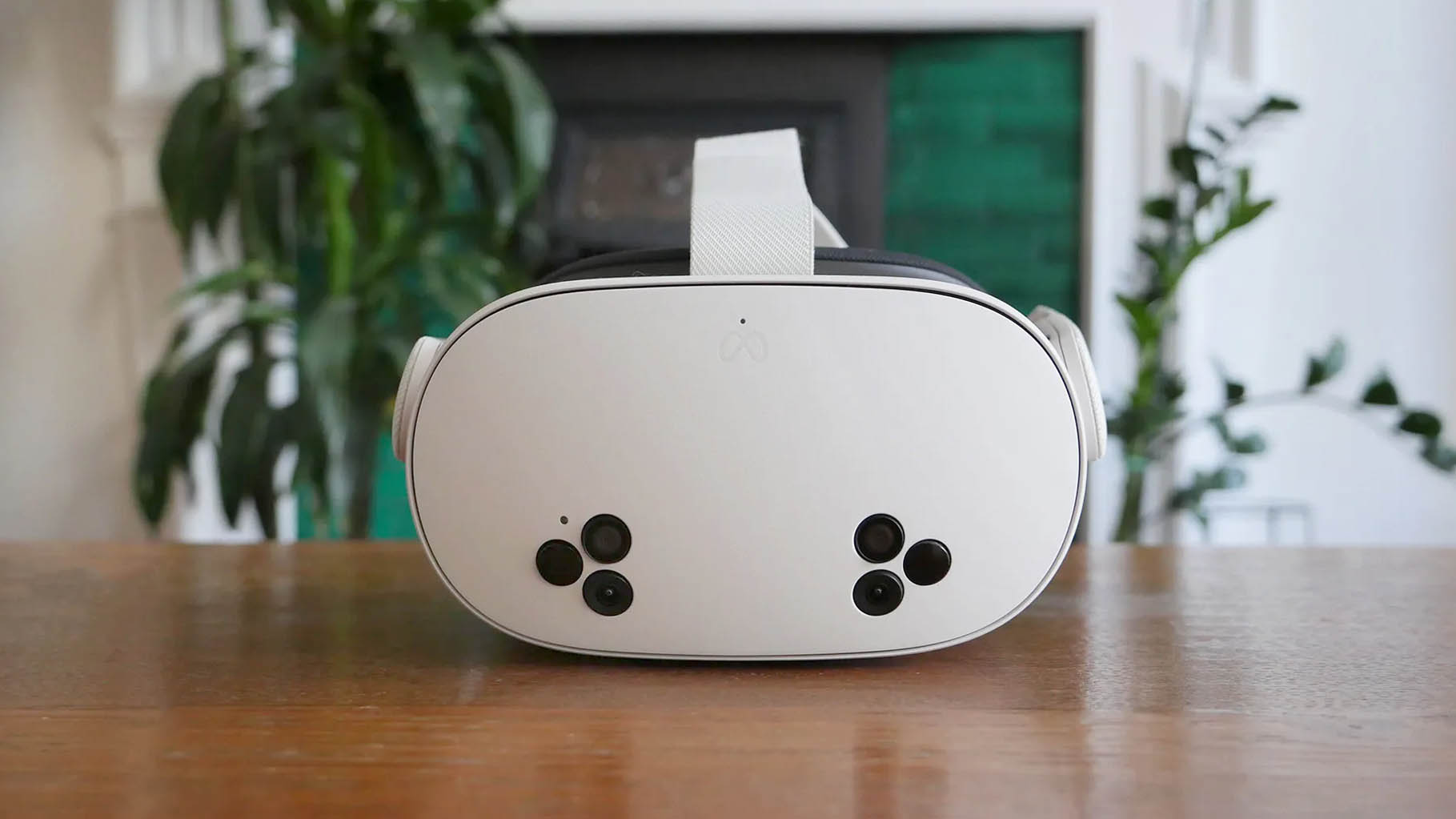 Meta Quest 3S review: The best affordable VR headset
Meta Quest 3S review: The best affordable VR headsetA superb option for those looking to spend less on virtual reality
By Max Freeman-Mills
-
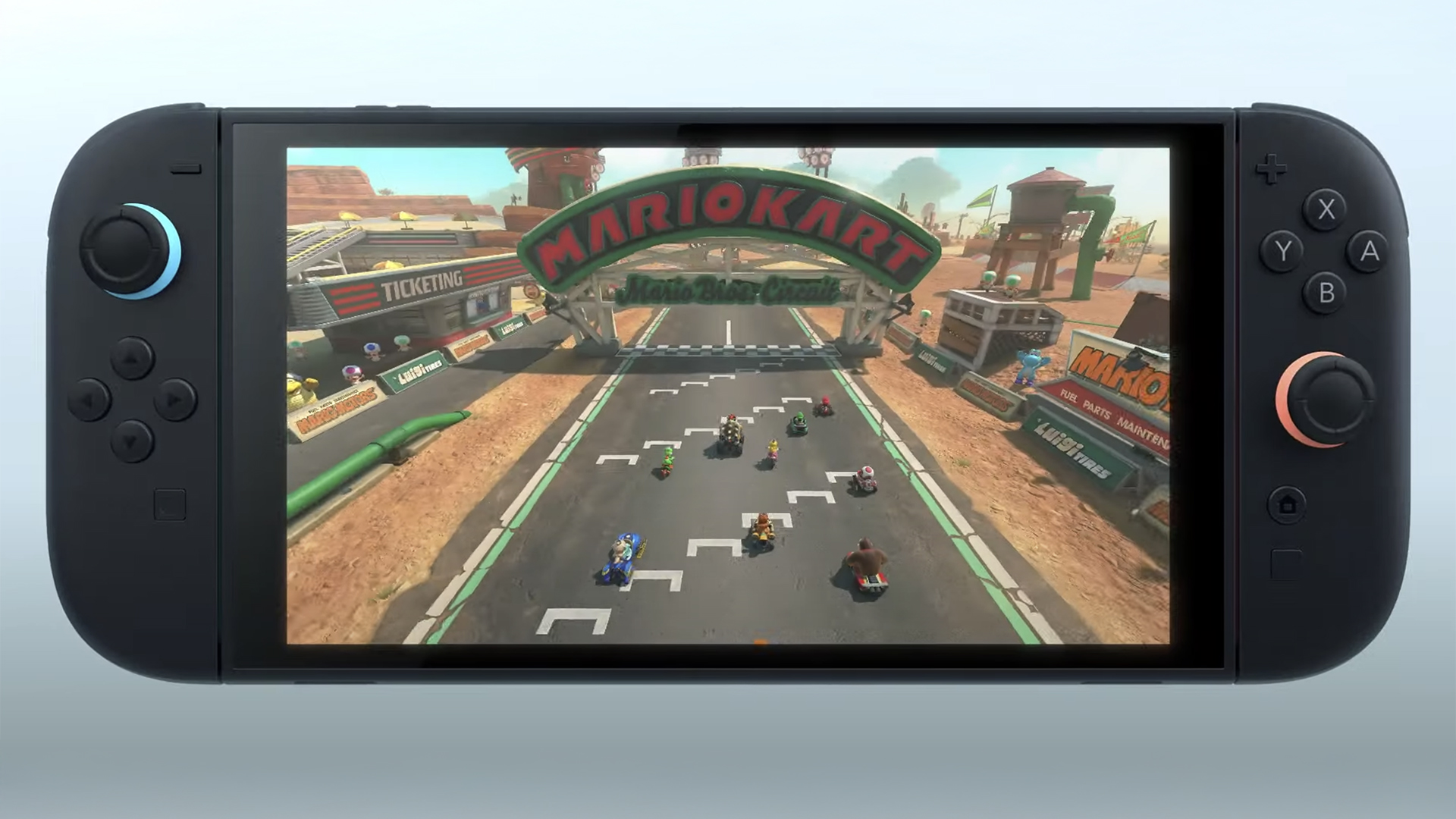 The Switch 2 could be the greatest console ever, thanks to one key detail
The Switch 2 could be the greatest console ever, thanks to one key detailThat back catalogue is going to be genuinely crazy
By Max Freeman-Mills
-
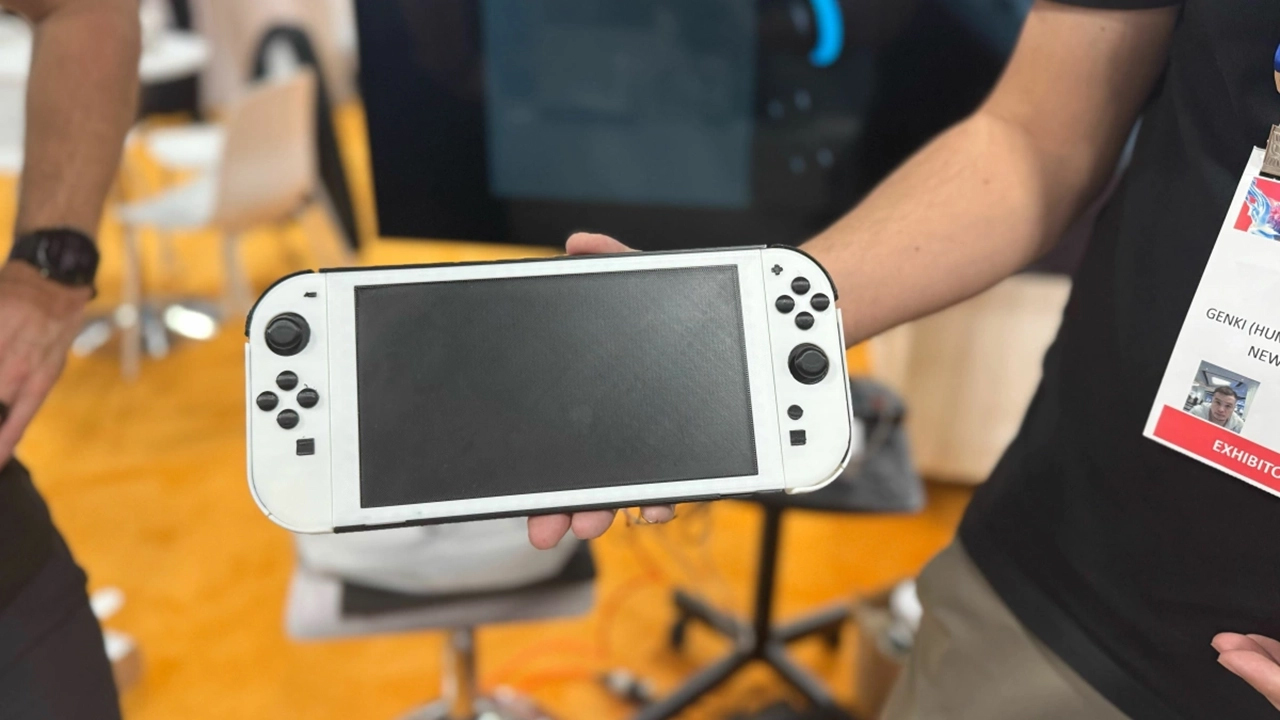 We've seen the Switch 2 in too much detail – its reveal needs to be amazing
We've seen the Switch 2 in too much detail – its reveal needs to be amazingNintendo's staying above the noise, but we need some big news
By Max Freeman-Mills
-
 No more broadband haggles please
No more broadband haggles pleaseJon Bentley is increasingly frustrated at having to beg internet providers not to keep upping his bills
By Jon Bentley
-
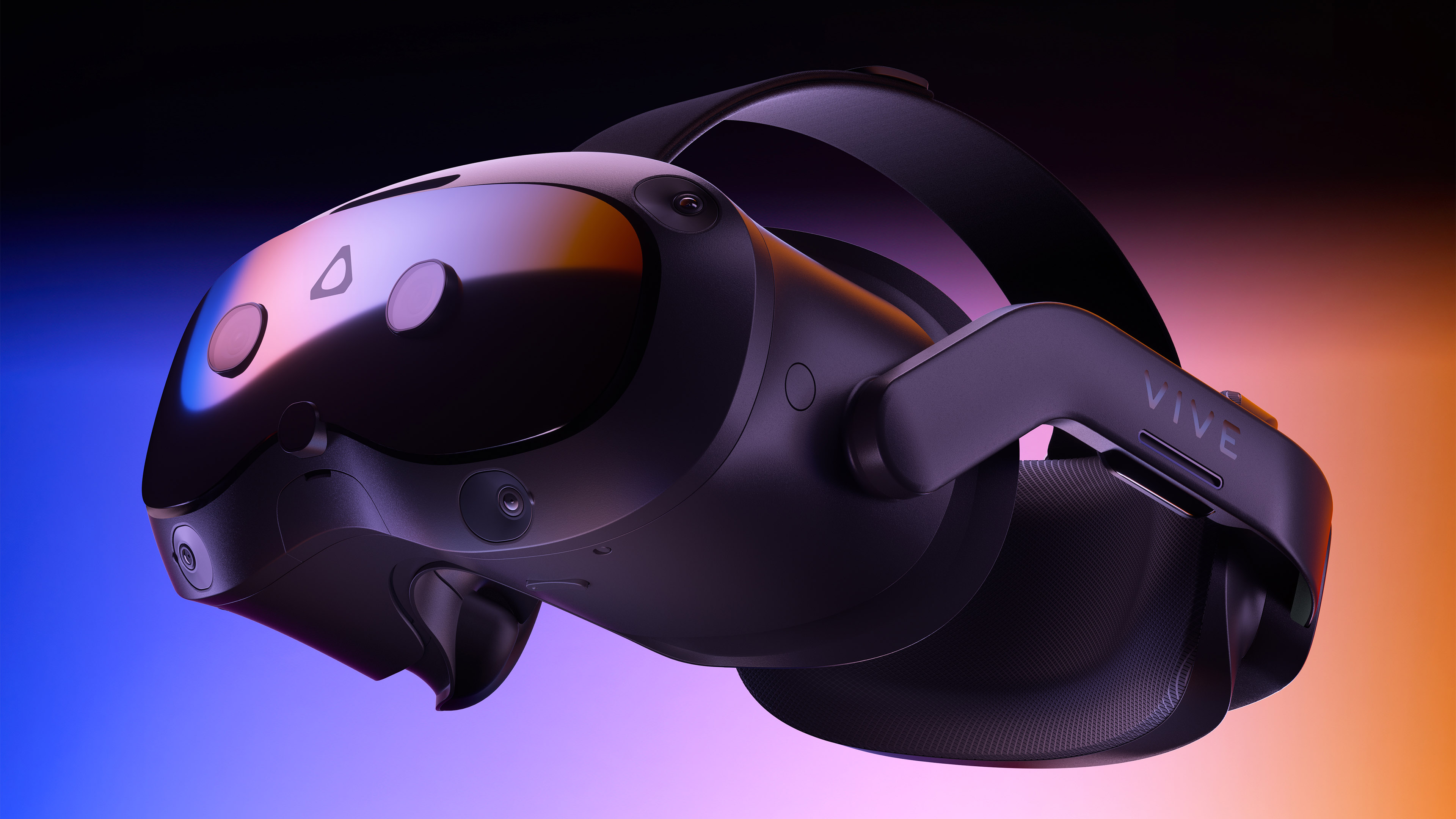 HTC Vive Focus Vision review: VR perfection?
HTC Vive Focus Vision review: VR perfection?HTC's latest headset is a premium offering – but there's some questionable older components in the specification
By Max Freeman-Mills
